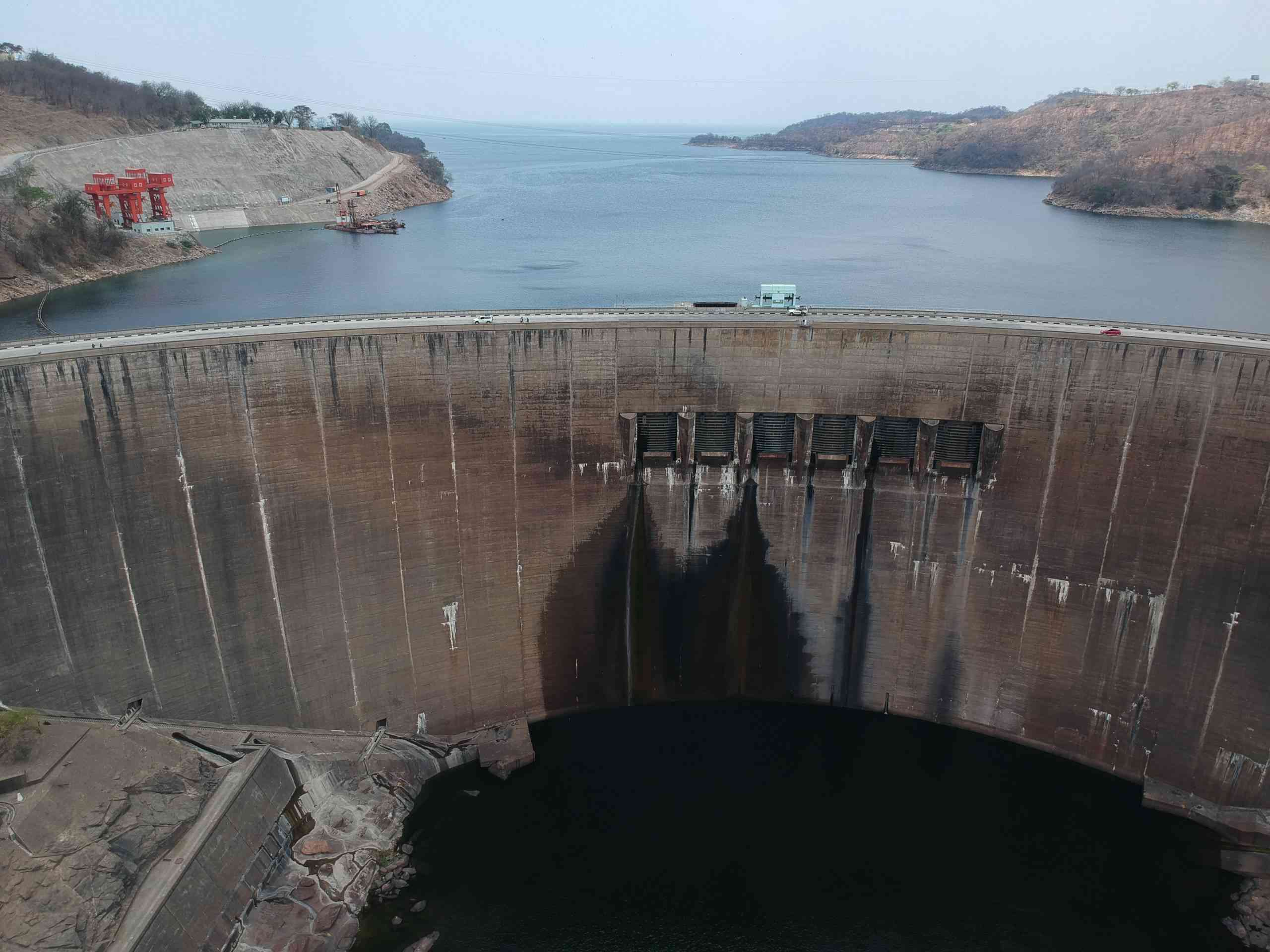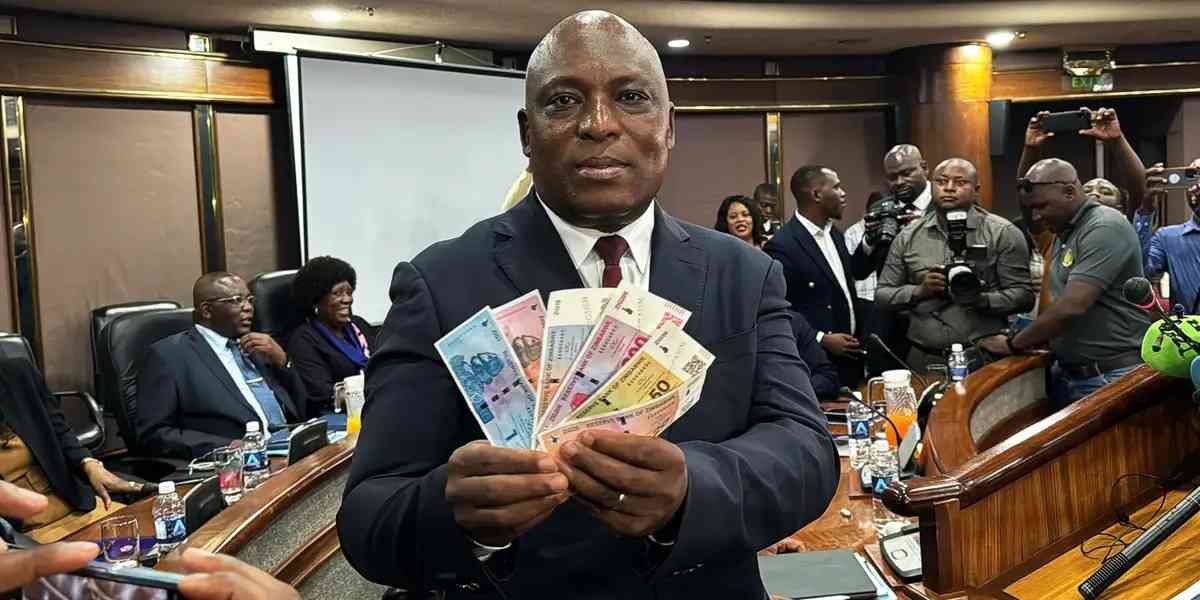
Fudging and misleading in crafting tender requirements may be deliberate or could be by error. If this is done deliberately, the objective is to achieve only one compliant offer in a smoke screened procurement competition.
PURCHASING & SUPPLY: NYASHA CHIZU

That compliant bidder will be the only supplier in a competition with sufficient information to develop a compliant bid. The move inevitably reduces options to the buyer since the responses are limited due to non-compliance, eliminating the desire to achieve value for money procurement in both the public and the private sectors.
On the other hand, stringent terms and conditions in tender documents increase risks to suppliers who factor in such related costs in their pricing. These are some elements that bring about price disparities in the market where the same product has different prices depending with the customer. Stringent terms and conditions could be systematic and in some cases may be deliberate to facilitate corruption in the process.
In the event that there is some prevarication in tender specifications, this is noticeable by submission of very high prices in tenders, where suppliers take precaution to cushion themselves against the risks associated with the missing information. In cases where the process has been schemed, the price variations are very high with that supplier with more information offering a much disguised reasonable price compared to other participants. Fake competitions erode transparency and integrity of procurement processes and limit the possibility of concluding contracts on the best terms.
Where the prevarication by error, the procuring entity may inevitably be inundated with requests for clarifications and queries from suppliers. Responding to queries and clarifications is time consuming on its own since it results in doing the same work more than once, where specifications are reviewed and verified to clarify queries from participants. In some cases, clarifications issued might prompt extension of submission deadlines that have implications on the availability of project schedules and customer service at the end of the day.
Frontloading is a challenge to procuring entities that favour stringent terms and conditions in procurement contracts. This is aimed at limiting the risk of uncertainties emanating from the operation of the contract. In some cases, this may lead to laborious processes that are expensive involving legal experts to modify terms and conditions on existing contracts. In some cases, disruptions may be imminent to correct anomalies.
The solution to challenges emanating from inadequate specifications is to ensure that staff in procurement have adequate planning and documentation knowledge and experience becomes necessary. The organisation should improve tender planning and preparation. In some cases, it is important to review tender documents before issuing them to ensure that the evaluation criteria contains the critical factors on which assessment of offers would be done.
- Chamisa under fire over US$120K donation
- Mavhunga puts DeMbare into Chibuku quarterfinals
- Pension funds bet on Cabora Bassa oilfields
- Councils defy govt fire tender directive
Keep Reading
Use of standard terms and conditions through use of standard bidding documents reviewed by legal experts is a solution to the minimisation of application of stringent terms and conditions in procurement processes. In public procurement, use of specific documents such as bidding documents for goods, services and works would ensure that related terms and conditions apply appropriately. Further, tender planning processes need to be improved. The organisation should invest significantly in risk assessment in order to allocate risk appropriately. The element of enhancing soft procurement skills through training becomes paramount.
Nyasha Chizu is a fellow of the Chartered Institute of Procurement and Supply writing in his personal capacity. Feedback: [email protected] Skype: Nyasha.chizu











